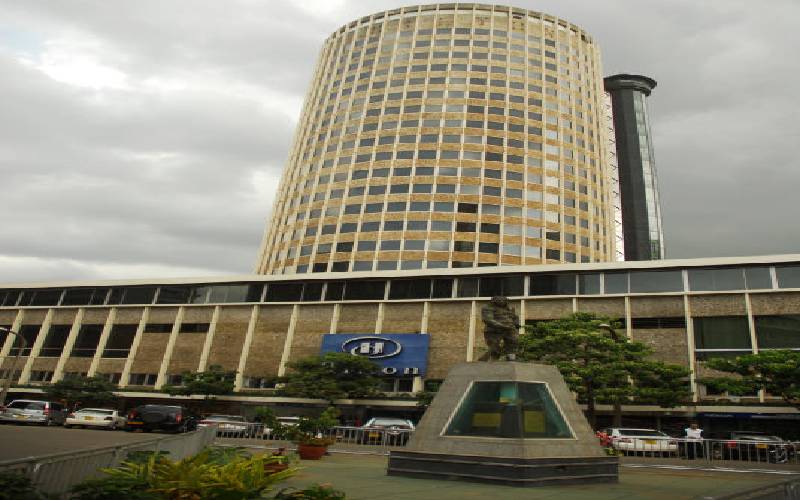×
The Standard e-Paper
Join Thousands Daily

The impending closure of the Hilton Hotel in Nairobi’s central business district after 53 years had been a long time coming.
As the city grew, the high-end hotel found itself encircled by the chaos that characterises downtown Nairobi.